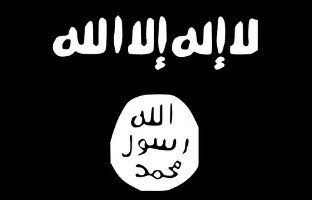Resisting ISIS

The so-called Islamic State of Iraq and Syria barbarically beheaded Western civilians and put out videos of the murders for the world to see—inviting, it seemed, the United States and Western countries to intervene militarily. It has killed countless Christians, Yazidis, and Shi‘a Muslims, whom it considers infidels, and it has imposed a brutal form of shari’a law in the territory it controls. It rules by terror, engaging in public floggings and executions and amputating the hands of thieves.
There is no doubt that the rise of ISIS is frightening. But as New York Times columnist Thomas Friedman notes, fear is not a good guide to policy. Fear makes people exaggerate risks and often act in ways that make the situation worse.
The key policy question is not how frightening and troubling ISIS is, but what actual threat it poses to the United States and to the stability of the Middle East. And the next question is: What can the United States best do to contain that threat without causing more harm? On this issue, President Obama has rightly said—even as he prepared to authorize air strikes—that “there’s no American military solution” to the crisis ISIS presents.
That’s because ISIS is the latest of a series of radical Islamic groups that have vied for the soul of the Islamic and Arabic world. Hisham Melhem, correspondent for a leading Lebanese daily newspaper, traces this struggle back to the defeat of the Arab nationalist cause in the 1967 war against Israel. This defeat led to the demise of Arab nationalism, creating a vacuum, which Islamists of various forms have tried to fill. American intervention will not resolve the longer-term issues of Muslim identity and its political expression. It was, after all, American intervention in Iraq that created the political conditions in which ISIS was able to grow.
ISIS has atavistic aims, wanting to return Islam to some supposed golden era of the past. Its rise is most of all a threat to other countries in the region, including Syria, Iraq, Turkey, Iran, Saudi Arabia, and Jordan. Those regional powers have the means and the motivation to contain ISIS.
President Obama was under extreme political pressure to strike at ISIS. But his skepticism about military force remains sound. The most fruitful role for the United States is to press Iraq to grant more power to Sunni Muslims, so as to undercut the appeal of ISIS, and then to press other Arab and Muslim countries to be part of a regional response.




